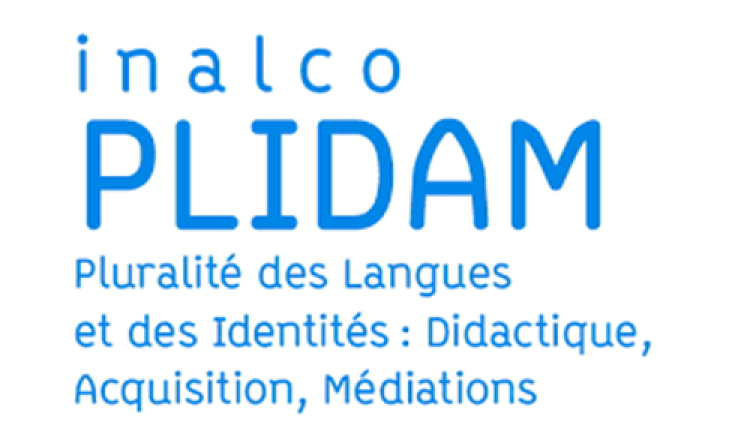PLIDAM seminars

Positioned in the context of language diffusion, learning and teaching, the Pluralité des Langues et des Identités : Didactique - Acquisition - Médiations (PLIDAM) team aims to be situated in the field of finalized research: study of language acquisition processes, teacher/learner relationships, impact of new technologies on knowledge transmission, design of new diplomas, production of teaching tools.
PLIDAM doctoral seminar - Regards sur la recherche : outils, concepts, démarches
Responsible: George Alao PU, Frosa Bouchereau PU, Diana Lemay MCF, Thomas Szende PU
In a particularly sensitive health and social context, we are setting up our team seminar entitled "Regards sur la recherche: tools, concepts, approaches" in order to present our projects and work in progress, share and compare our working methods, but also: federate our strengths, foster cohesion between researchers and young researchers. The seminar is designed to provide a forum for meeting, reflection and interaction through the exchange of views with internal and external experts, and is aimed primarily at PLIDAM doctoral and post-doctoral students, researchers and teachers, as well as Master's students. However, it remains open to all, subject to availability.
Online event
Registration required, subject to availability
Programme 2022 - 2023 (46.67 KB, .pdf)
Programme du 1er semestre 2021-2022 (442.09 KB, .pdf)
Programme du 2ème semestre 2020-2021 (62.76 KB, .pdf)
Annual doctoral seminar "Foreign and foreignized language. How to approach, translate and teach new literatures?"
Responsible: Frosa Bouchereau
Set up in 2016, this seminar is aimed at doctoral students and teacher-researchers. The aim is to develop the thinking and research of axes 4 "Literature and culture in language didactics" and 3 "Lexicon and translation: which didactics?"
Work on literature and the use of literature in the foreign language classroom is rare. We set out to answer two questions:
- The place and use of literature in foreign language didactics?
- How to approach, translate and teach the "new" literatures born of the historical, social and human upheavals of the 20th century?
Programme 2018 - 2019 (42.01 KB, .pdf)
Annual doctoral seminar "Cultural areas. Construction of the object between history and epistemology"
Responsible: Madalina Joubert
The seminar focuses on the notion of cultural area in the dynamics of its construction as an object of study. Its epistemological foundations will be addressed, as well as the historical and institutional aspects that are its vectors. By promoting a reflexive perspective, we will address major issues for teaching and research at Inalco. Among these we might mention: the boundaries between cultural areas, the criteria on which the division of a cultural area is based (language, state existence, religion, "culture", etc.), the history of literate practices, the circulation of knowledge, the contribution of institutional archives.
Programme 2019 - 2020 (92.01 KB, .pdf)
Seminar "Literature, linguistics, and sociolinguistics"
Responsible: Shahzaman Haque*
July 05, 2019 - 2:30 pm - 5:30 pm
- Xialing SHEN, "Case study of family language policies in the Chinese diaspora in Paris".
- Nanfei, WANG, "Family language policies in mixed Franco-Chinese families: the case study of Chinese language transmission".
Affiche 05 juillet 2019 (246.45 KB, .pdf)
05 November 2019 - 12:00-14:00 :
Rahman Abbas is a leading contemporary Indian writer and winner of India's Sahitya Akademi literary award for 2018 on his fourth novel, Rohzin' (The Melancholy of the Soul). He is also a two-time winner of the Sahitya State Academy Awards. He writes in Urdu and English. He is the author of seven books, including four novels: 'Nakhalistan Ki Talash' (The Search for an Oasis-2004), 'Ek Mamnua Muhabbat Ki Kahani' (A Forbidden Love Story-2009), 'Khuda Ke Saaye Mein Ankh Micholi' (Hide and Seek in God's Shadow-2011) and 'Rohzin' (The Melancholy of the Soul-2016). Rahman lives in Mumbai and works for a think tank, Strategic Foresight Group.
Affiche 05 novembre 2019 (292.67 KB, .pdf)